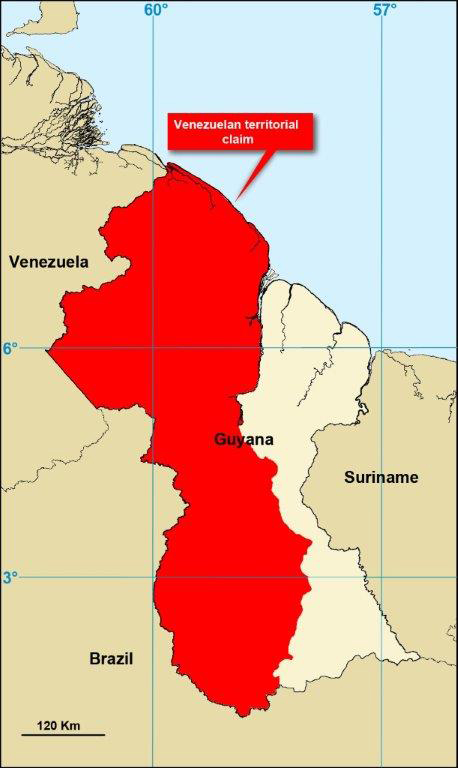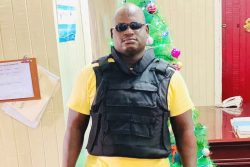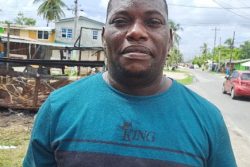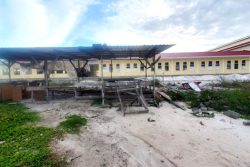For three hours this morning, a legal team from Guyana will attempt to convince the International Court of Justice (ICJ) that it has the jurisdiction to decide that the 1899 Arbitral Award between Guyana and Venezuela is binding. Based on ICJ precedent a decision, on jurisdiction, is expected by the third quarter of 2020.
The Hearing which begins at 8 am will be by Video Conference and will be streamed live on the Court’s website.
Foreign Secretary Carl Greenidge who along with Sir Shridath Ramphal and Ambassador Audrey Waddell are the state’s agents before the The Hague-based Court, explained in a statement yesterday that this hearing is solely about whether the Court has the authority to resolve the controversy between Guyana and Venezuela over the validity of the boundary between the two States that has been permanently fixed since 1899.
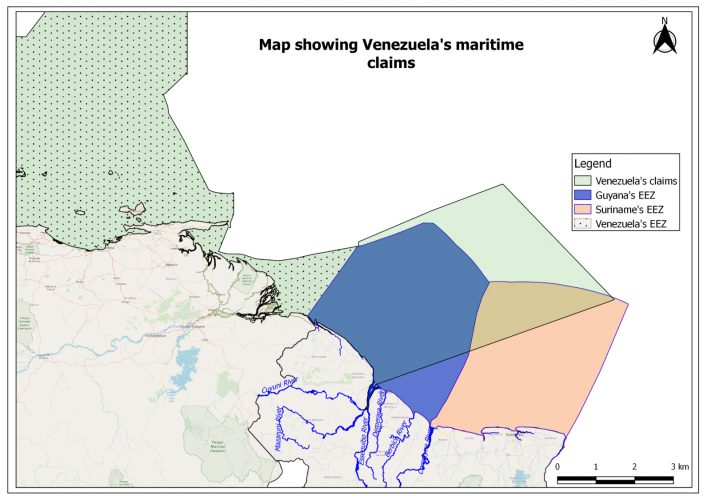
Guyana says the Court has jurisdiction to rule on the validity and permanence of that boundary. Venezuela claims that it does not. The Bolivarian Republic has also refused to participate in the hearing.
He further explained that Guyana anticipates that the Court will issue a decision in Guyana’s favour on the jurisdictional question before the end of the year.
“Should it rule in Guyana’s favour, as we expect, it will then proceed to the next phase of the case, and ultimately decide the question that Guyana has put before it: whether the 1899 boundary that separates the two States, is a lawful and permanent boundary, such that the Essequibo region is confirmed as an integral part of Guyana’s territory for all time,” the statement added.
Later during an interview on the APNU+AFC Facebook page, Greenidge reiterated that the award is binding because of what preceded its signing and 63 years of practical sovereignty.
“In view of the 1899 accord, in view of the fact that [Venezuela] signed on the dotted line for new borders [it should be upheld]. Every spot of the border they approved and also it was honoured for 63 years and they refused during that time to have even 1/10th of an inch adjusted to accommodate ridiculous things. Where the border ran through a village, or through a hill or into a river they said they didn’t care, that was where the line was drawn by the Paris award,” he noted adding that Guyana continues to enjoy sovereignty within those borders.
He reiterated that should the ICJ – also knowns as the World Court – rule in Guyana’s favour on all these matters, Venezuela will have to withdraw from Ankoko Island which it has illegally occupied since 1966.
Guyana has valued the opportunity of a judicial settlement of Venezuela’s outrageous claim to nearly three-quarters of Guyana and welcomed the decision of the Secretary-General of the United Nations in 2018 (acting under the 1966 Geneva Agreement) that the International Court of Justice shall be the forum of settlement of the controversy, his statement concluded.
